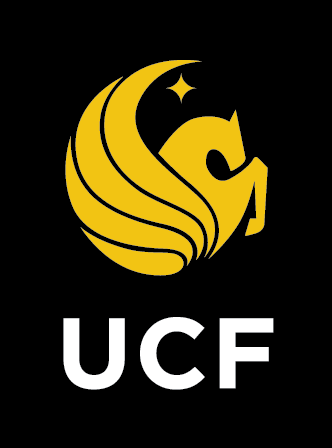|
Mohave Community College
Course Title: Introductory Psychology
Redesign Coordinator: Danette Bristle
Status: This project originated as part of NCAT's FIPSE-funded Roadmap to Redesign (R2R) program, 2003 – 2006. Due to a variety of factors, this project was not completed. The project plan serves as a good example of how to think about redesigning a large-enrollment course.
Project Plan:
Mohave Community College (MCC) plans to redesign its Introductory Psychology course. The traditional course enrolls 548 students per year in 26 sections with an average of 21 students per section. The course is offered via multiple modalities (on-ground, online, and correspondence) and is taught by a combination of resident faculty and associate faculty.
In the summer of 2003, MCC identified 20 courses with the highest failure rates; Introductory Psychology ranked in the top ten. Since Introductory Psychology is a gateway course required by many of the college's degrees and certificates, this high failure rate represents a real impediment to student success. In addition, assessment of the course has been nebulous and ineffective, making informed and effective changes difficult and further impeding student success. MCC wants to strengthen the academic rigor of its curriculum and to increase student success rates, while at the same time lending continuity to the curriculum and reducing costs.
MCC has chosen to use the Buffet Model of redesign for two reasons: first, the Buffet Model accommodates different student learning styles, goals, and educational backgrounds. Second, by emphasizing the way students learn content differently, the Buffet Model suits a course in psychology, a discipline which deals with matters of intellectual cognition, retention, and application. The redesigned course will make available diverse learning opportunities such as lectures, colloquia, peer tutoring, oral and written presentations, interactive group problem solving, self-graded and instructor-graded homework assignments, and individual and group projects. Students' learning skills and aptitudes will be assessed by the instructional team, who will direct students to the learning opportunities that best fit.
MCC will abandon the "one course, one instructor" model and run one section (~75) of the redesigned course on each of its three southern campuses. The course will be divided into three modules and offered by an instructional team on each campus. Each team will consist of a resident faculty member, two faculty course assistants, three peer tutors, and an online assistant. The resident faculty member will deliver an orientation/overview of the course and six three-hour lectures per semester. Each faculty course assistant will lead one three-hour colloquium per module. Peer tutors will lead mandatory, weekly small-group recitation sessions covering topics emphasized by faculty and developed in readings/web-activities. The online assistant will interact with students and address student questions that are not directly related to instructional topics, forwarding instructional questions to resident and/or associate faculty.
The impact of the course redesign on student learning will be assessed by comparing common final exams in the traditional and redesigned sections respectively. Faculty will create final exams to assess the content knowledge and critical thinking skills of students in the traditional and redesigned sections respectively. The effectiveness of the Buffet Model's disparate modalities and associated learning opportunities will be assessed by comparing student assignments with embedded common content items.
The key to cost reduction in the redesigned course is the effective use of human resources. The redesign will use higher-paid resident faculty more effectively in the areas of conceptualization and design while decreasing reliance on them for other tasks. MCC will increase the role of relatively inexpensive peer tutors, learning assistants and associate faculty members, thereby increasing the opportunities for student contact. The result will be that MCC can reduce the cost per student from $169 to $120, a savings of 29%. MCC plans to redirect that savings into both the re-allocation of resident faculty teaching responsibilities and the development of learning materials for other courses that might benefit from the redesign experience.
|
